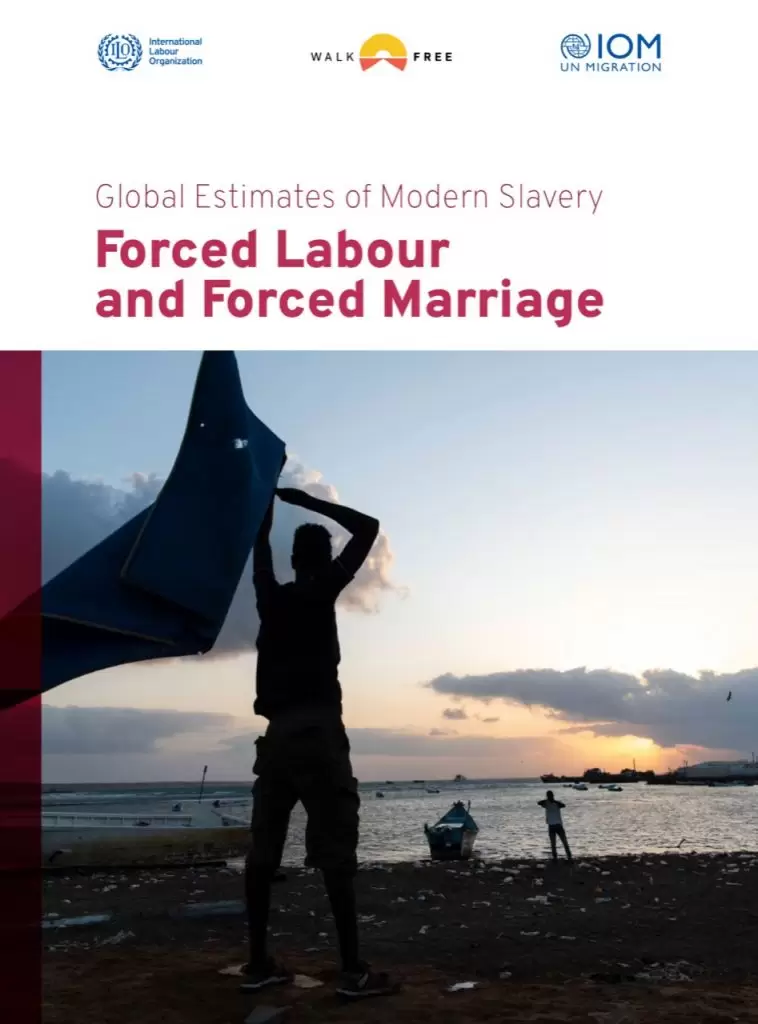A new report from the ILO estimates that some 28 million people are in forced labour, with women and children being disproportionately vulnerable to the practice, especially in the agricultural sector. Contrary to popular perception, the majority of cases (52%) can be found in upper middle income or high-income countries rather than in the poorest parts of the world. 86% of forced labour occurs in the private sector with migrant workers more than three times as likely to be in it than non-migrant workers. The ILO makes several recommendations to combat forced labour including improving labour laws and their enforcement with adequate inspections, ending state imposed forced labour, and enacting stronger measures across business supply chains to combat trafficking.
The European Commission has proposed a draft Regulation to prohibit products made with forced labour, whether they are produced in the EU or elsewhere. While the IUF’s European regional organization, EFFAT, welcomes this text, they will also push for key improvements throughout the legislative process including:
- Empowering trade unions’ role in the due diligence and investigative processes and establishing effective complaint mechanisms and fair compensation for victims
- Holding companies as well as member states accountable for enforcement by insisting that businesses first demonstrate that products are made without forced labour as opposed to the state first proving the use of forced labour
- Ensuring the enabling right of freedom of association so that those who farm, catch or harvest are protected when they disclose the use of forced labour and insist on the transparent traceability of products, key aspects of preventing human rights violations
IUF General Secretary, Sue Longley stated: “Forced labour in agricultural and food supply chains is not new, and there has been a global failure to tackle the problem. The EU initiative is a welcome step forward, but we must always keep in mind that the right to join and be represented by a trade union is the key to ensuring progress on ending both forced labour and child labour in agriculture.”
